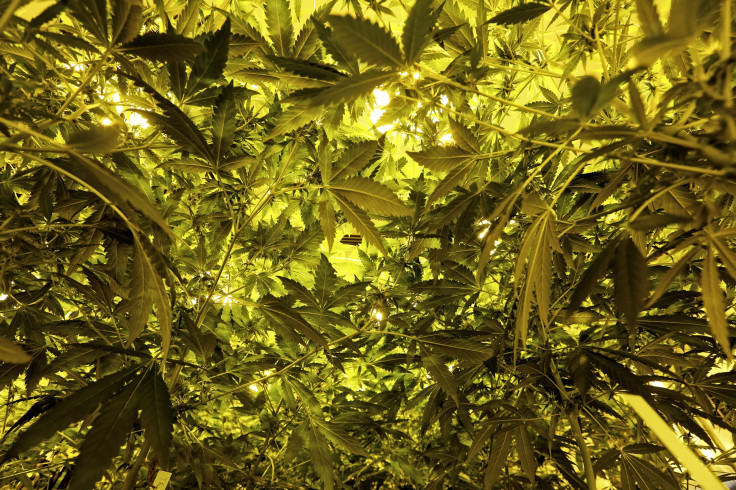Weed Allergen: Yes, You Can Be Allergic To Marijuana

Marijuana has been legalized in Washington, Oregon, Colorado, Alaska and Washington, D.C., and 19 additional states in the U.S. have legalized medical marijuana use. A Gallup poll from Nov. 24, 2014, found that 51 percent of Americans surveyed supported the legalization of marijuana, so it's safe to say that pot is entering the mainstream, which means there needs to be scrutiny on possible side effects.
Drs. Thad Ocampo and Tonya Rans of the American College of Allergy, Asthma & Immunology (ACAAI) have authored a new study that looks at the extent to which weed is an allergen. Allergies affect up to 50 million people in the U.S., according to the ACAAI, and Ocampo and Rans say that marijuana has not been studied frequently in medical literature despite its popularity around the world.
Cannabis sativa is a flowering plant with pollen that's shed during the late summer through early fall. Pot pollen can travel for many miles, and while it may be the main allergen for most people (similar to other seasonal allergies such as grass, tree and weed pollens), the researchers are also interested in the possible allergenic properties of delta
Reviewing previous studies, the researchers discovered that weed is an allergen similar to other flowering plants. "As expected with most plant aeroallergens, cannabis pollen inhalation has been noted to cause symptoms of allergic rhinitis [hay fever or seasonal allergies], conjunctivitis [pinkeye] and asthma. Cannabis pollen or smoke exposure has resulted in nasal congestion, rhinitis [stuffy nose], sneezing, conjunctival injection [red eye], pharyngeal pruritus [itchy throat], coughing, wheezing and dyspnea," the authors wrote. There was also a reported case of anaphylaxis -- including hives, swelling around the eyes and lips, shortness of breath and the inability to speak -- after a person ate hemp crusted seafood.
The researchers suggest treating weed allergy like any other allergy. Avoiding the allergen would be ideal, but over-the-counter antihistamines and nasal decongestants could be used to treat hay fever symptoms.
"Allergic reactions and even anaphylaxis attributed to cannabis have been noted with sensitization associated with pollinosis, cannabis use, potential plant crossreactivity and occupational exposure. With state laws allowing medical and in some cases recreational use of marijuana, there is a growing potential for legitimate personal and commercial exposure. Cannabis sativa’s evolving legal status, highly prevalent use throughout the world and the varied forms in which it is used may translate into a growing role as a clinically relevant allergen that we may encounter," the researchers conclude. The study was published in the Annals of Allergy, Asthma & Immunology.
© Copyright IBTimes 2025. All rights reserved.






















